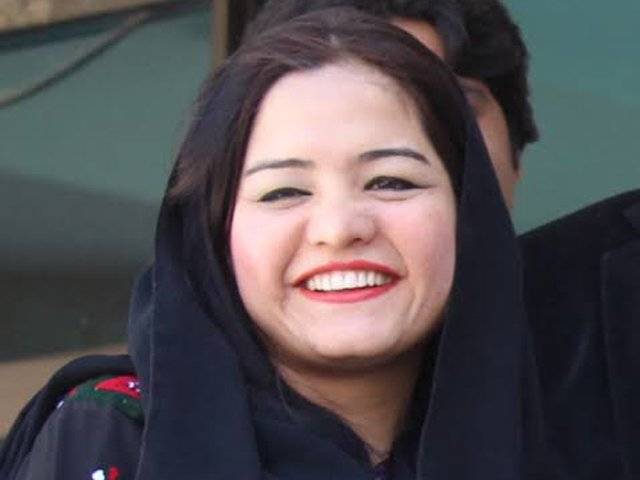
Pakistan's disturbing slide into authoritarianism continues steady and unabated. The experience of Quetta lawyer and accomplished human rights activist Jalila Haider is yet more proof.
Officials at the Lahore airport prevented her from boarding her flight to the UK, detained her, questioned her and then allowed her to leave after several hours. There is no official explanation for why this was necessary or what happens next – only vague implications that Haider has been involved in saying or doing something that is somehow “anti-state”.
The fact of the matter is that unelected and unaccountable officials of the Pakistani state have amassed immense power due to the various political changes and security-related developments of the past few years. There is now an immense, complex and opaque bureaucratic machine at the disposal of officials who are the final authority on what constitutes our national security and what the best means are to protect it.
All of this simply means heightened vulnerability for the average citizen who disagrees with mainstream officialdom. One can no longer expect any guarantees: every critical thinker is fair game, in whatever way the officials choose and for as long as they please.
The net result of this will be state-enforced mediocrity. Consider even today's sorry affair: Jalila Haider is known for her courageous advocacy on behalf of victims of terrorism in Pakistan, as well as a number of rights-based issues. Last year, the BBC named her as one of the 100 influential women of 2019.
What is the message that went out to Pakistanis in general today? That if you wish to be spared such treatment, do not shine as brightly as Jalila Haider. Some quarters might feel threatened and their individual opinions could well be state policy – and ordinary citizens have no right to know why this must be.
Officials at the Lahore airport prevented her from boarding her flight to the UK, detained her, questioned her and then allowed her to leave after several hours. There is no official explanation for why this was necessary or what happens next – only vague implications that Haider has been involved in saying or doing something that is somehow “anti-state”.
The fact of the matter is that unelected and unaccountable officials of the Pakistani state have amassed immense power due to the various political changes and security-related developments of the past few years. There is now an immense, complex and opaque bureaucratic machine at the disposal of officials who are the final authority on what constitutes our national security and what the best means are to protect it.
All of this simply means heightened vulnerability for the average citizen who disagrees with mainstream officialdom. One can no longer expect any guarantees: every critical thinker is fair game, in whatever way the officials choose and for as long as they please.
The net result of this will be state-enforced mediocrity. Consider even today's sorry affair: Jalila Haider is known for her courageous advocacy on behalf of victims of terrorism in Pakistan, as well as a number of rights-based issues. Last year, the BBC named her as one of the 100 influential women of 2019.
What is the message that went out to Pakistanis in general today? That if you wish to be spared such treatment, do not shine as brightly as Jalila Haider. Some quarters might feel threatened and their individual opinions could well be state policy – and ordinary citizens have no right to know why this must be.
